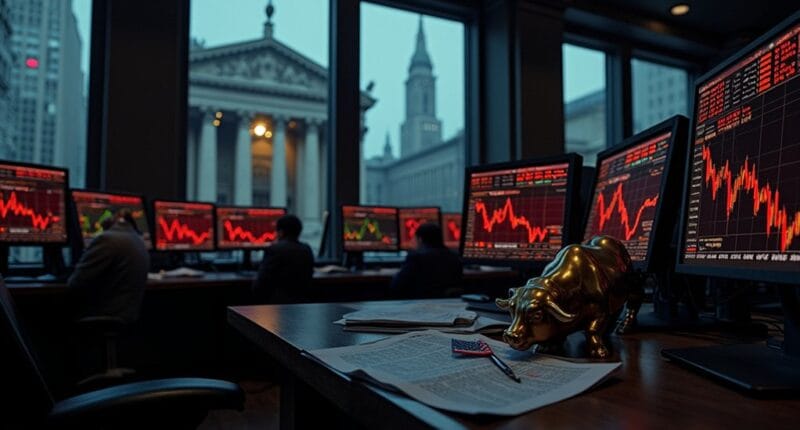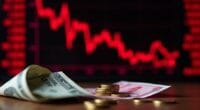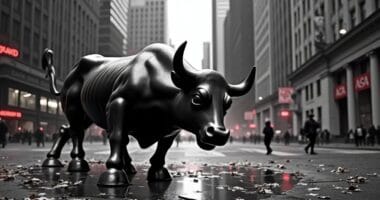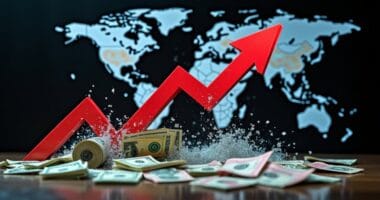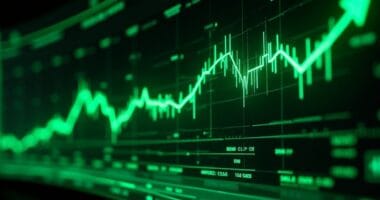Trump’s unpredictable policy shifts have turned global markets into a high-stakes casino. His sudden tariff announcements and erratic economic decisions wiped out $5 trillion in market value, leaving investors shell-shocked. Corporate leaders can’t plan ahead, foreign partners are retaliating with their own tariffs, and America’s reputation as a reliable economic player is taking a nosedive. The economic policy uncertainty index hit 1507.95 in 2025 – and that’s just the beginning of the story.
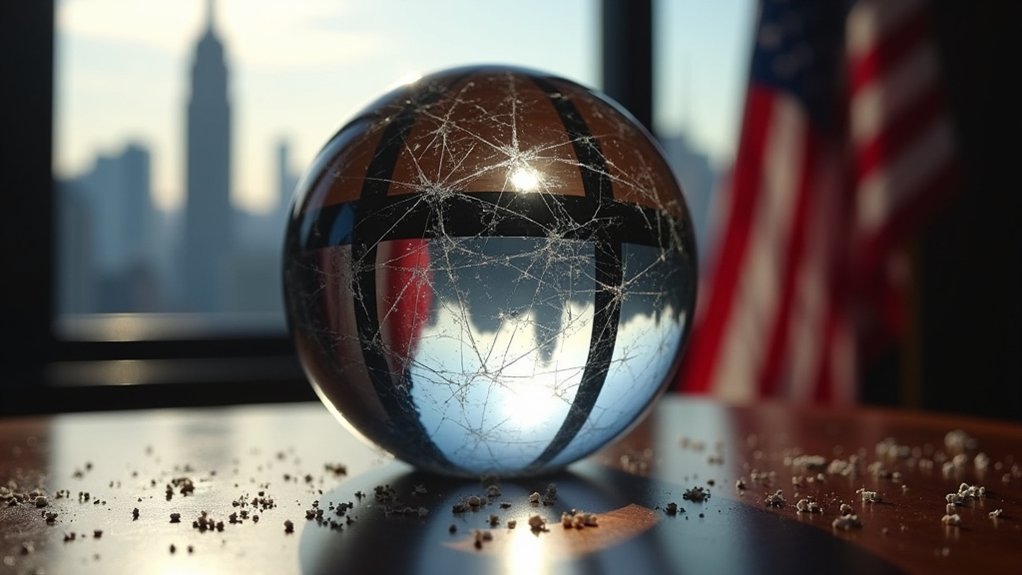
While global markets traditionally thrive on predictability, Trump’s erratic policy shifts have sent investors into a spiral of uncertainty. The markets hate surprises, and boy, have they gotten plenty. With each unexpected tariff announcement and policy reversal, billions in market value vanish into thin air – roughly $5 trillion in global wealth wiped out from tariff-related turbulence alone.
Markets crave stability, but policy chaos has vaporized trillions in wealth as investors navigate an unprecedented storm of uncertainty.
The impact on business decision-making has been brutal. Corporate leaders, usually enthusiastic to expand operations and chase profits, now sit paralyzed. Who can blame them? Try planning a multi-billion-dollar factory when you have no idea if tomorrow’s tweet storm will completely upend your cost calculations. The economic policy uncertainty index skyrocketed to an unprecedented 1507.95 in January 2025.
Manufacturing projects get shelved, infrastructure plans gather dust, and reshoring initiatives stall out. The ripple effects are spreading far beyond America’s borders. Trading partners aren’t taking these unpredictable jabs lying down. They’re hitting back with retaliatory tariffs, making U.S. exports less competitive and turning once-stable trade relationships into economic grudge matches. The recent 90-day pause on tariffs has done little to restore market confidence. These trade tensions have severely disrupted international trade patterns that economists use to analyze global economic health.
Global trade volumes are shrinking, and longtime allies are wondering if America has lost its economic marbles. The long-term outlook isn’t pretty. Foreign investors, traditionally drawn to America’s stable business climate, are increasingly viewing the U.S. as that unpredictable friend nobody wants to lend money to.
Innovation suffers, job creation stalls, and American competitiveness takes a hit. Meanwhile, consumers watch their purchasing power shrink as import costs climb. The numbers don’t lie – economic policy uncertainty indices are through the roof.
Market analysts are bracing for more central bank interventions, while stock markets bounce around like a caffeinated kangaroo. Supply chains, meticulously built over decades, are being scrambled like morning eggs. The U.S. is rapidly gaining a reputation as an unreliable economic partner, and that’s not exactly a selling point for attracting global investment.
In the high-stakes game of international trade, predictability isn’t just nice to have – it’s essential for survival.
